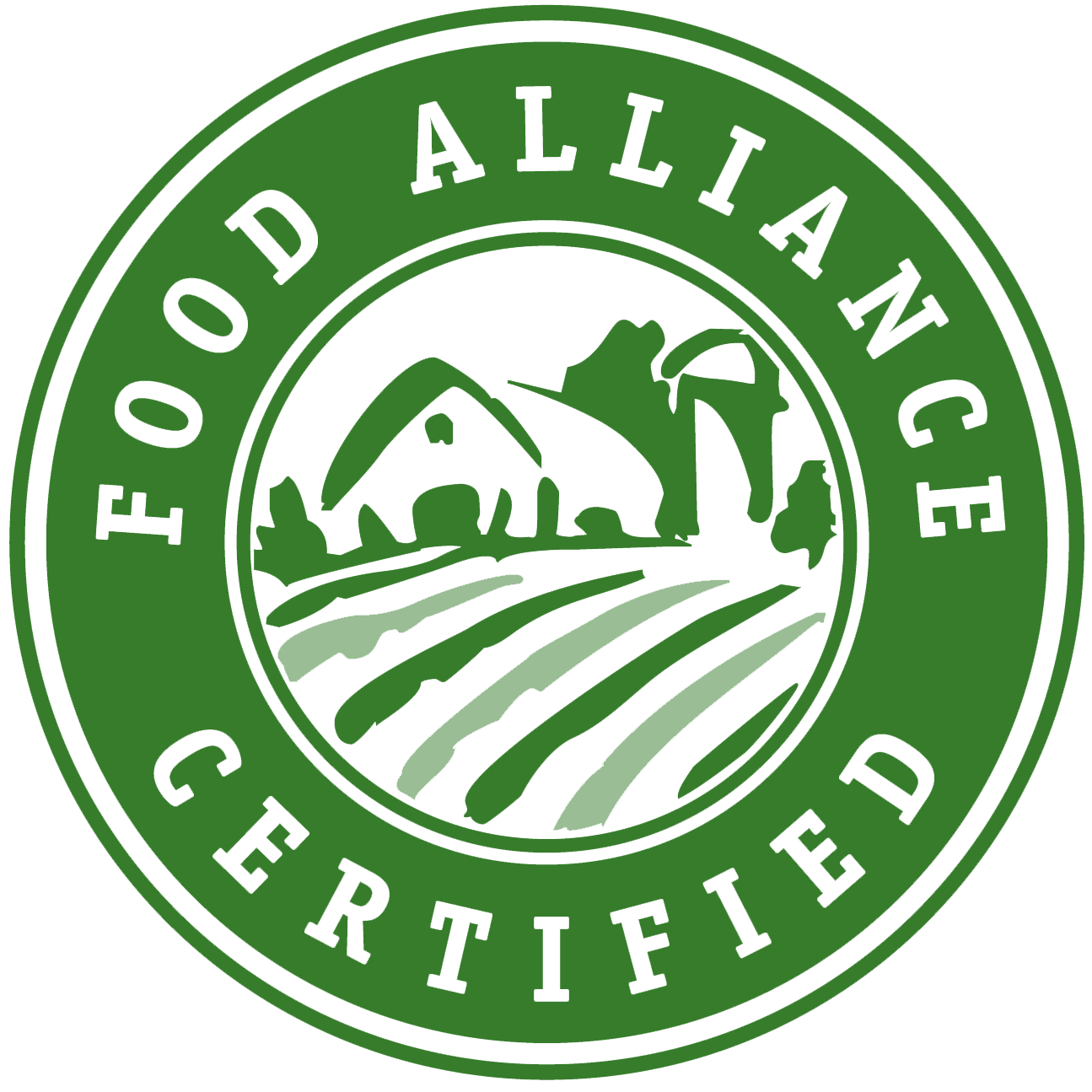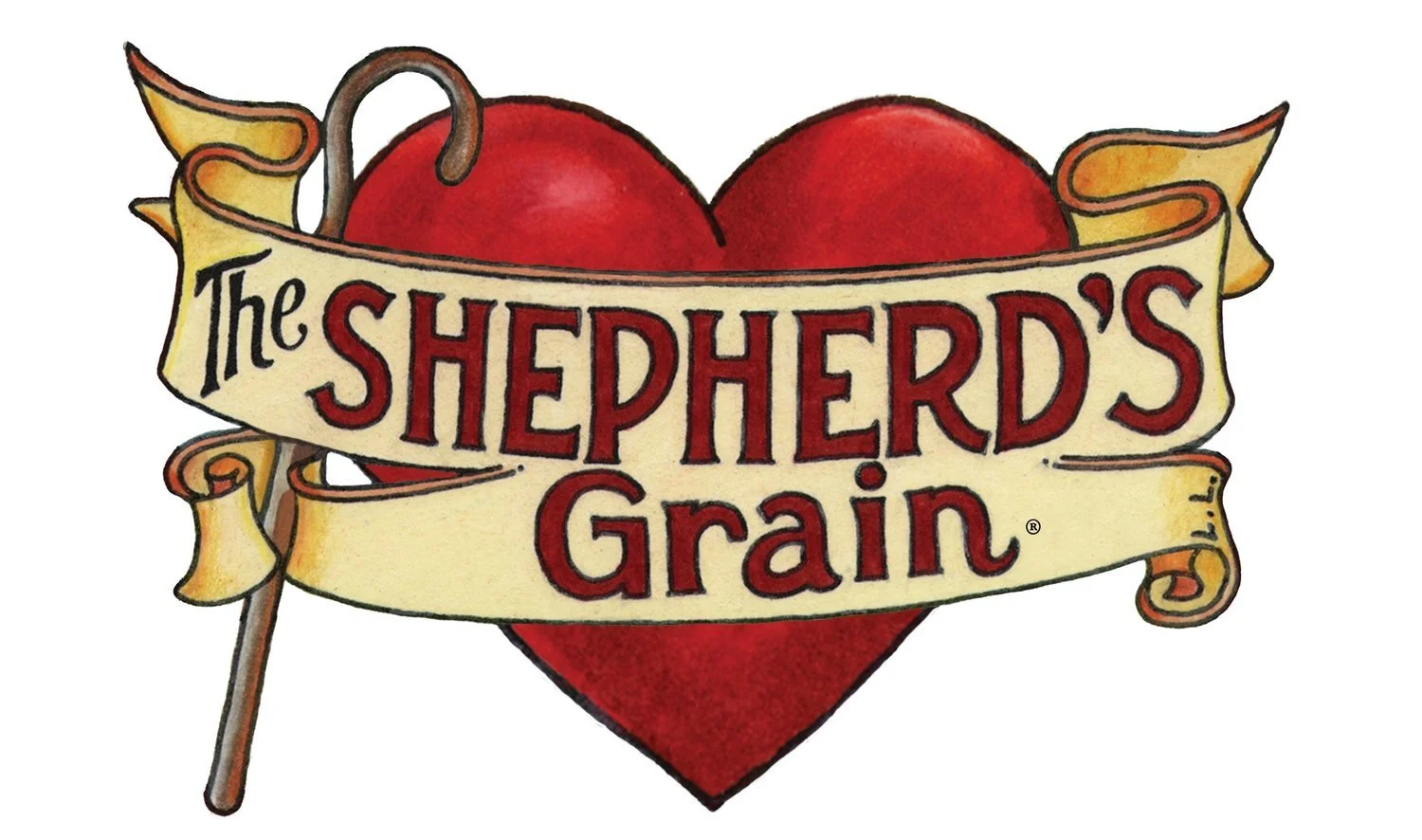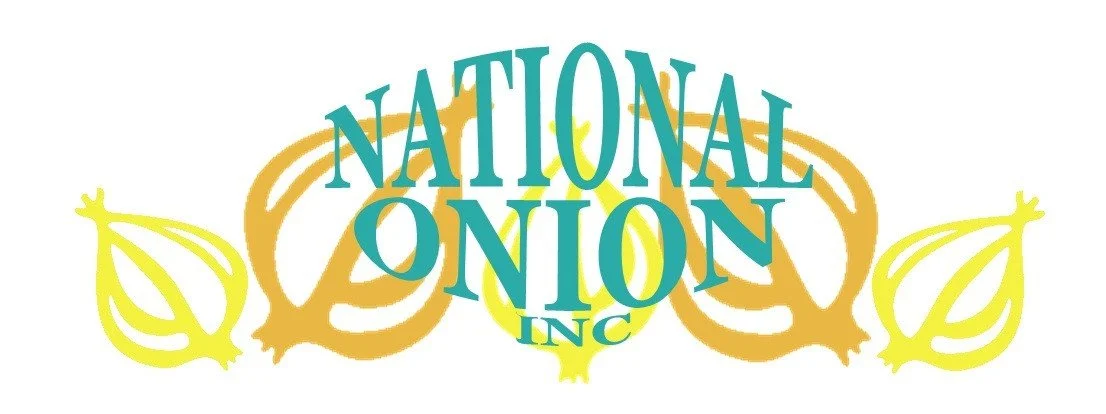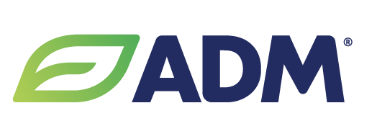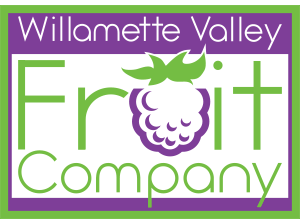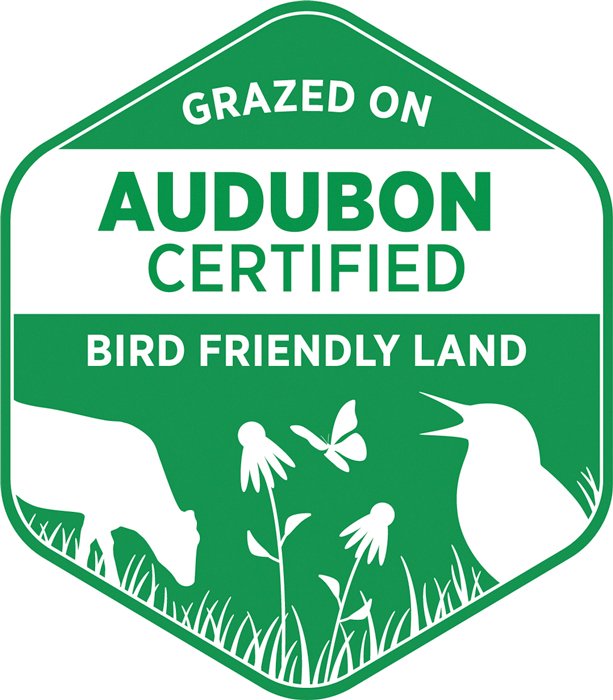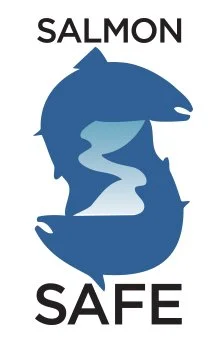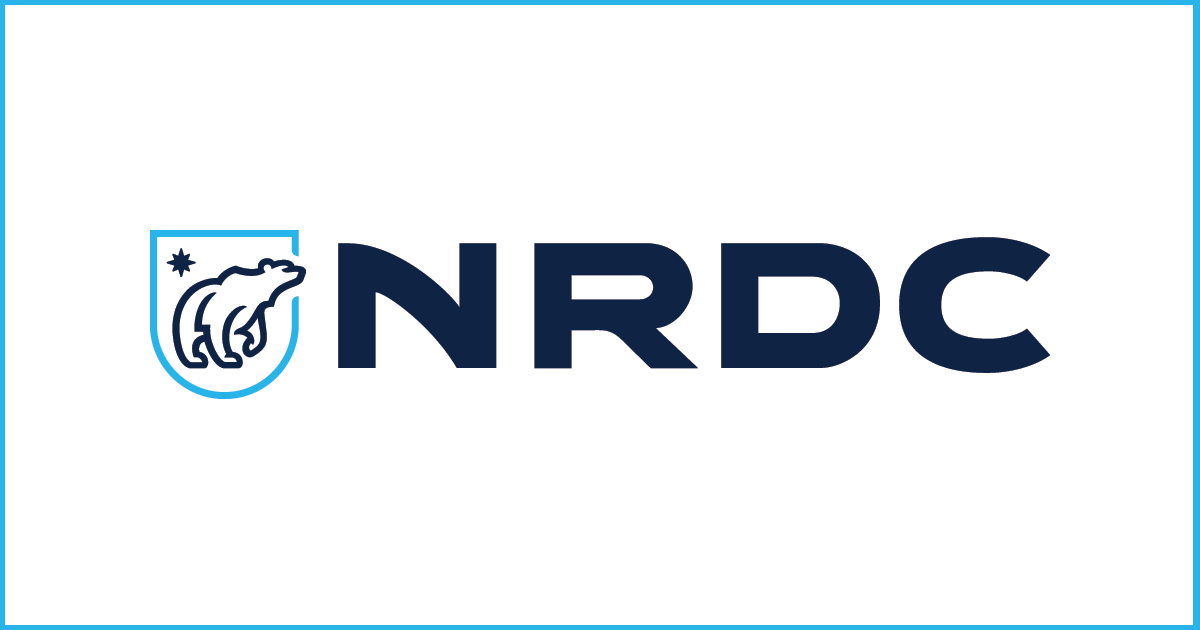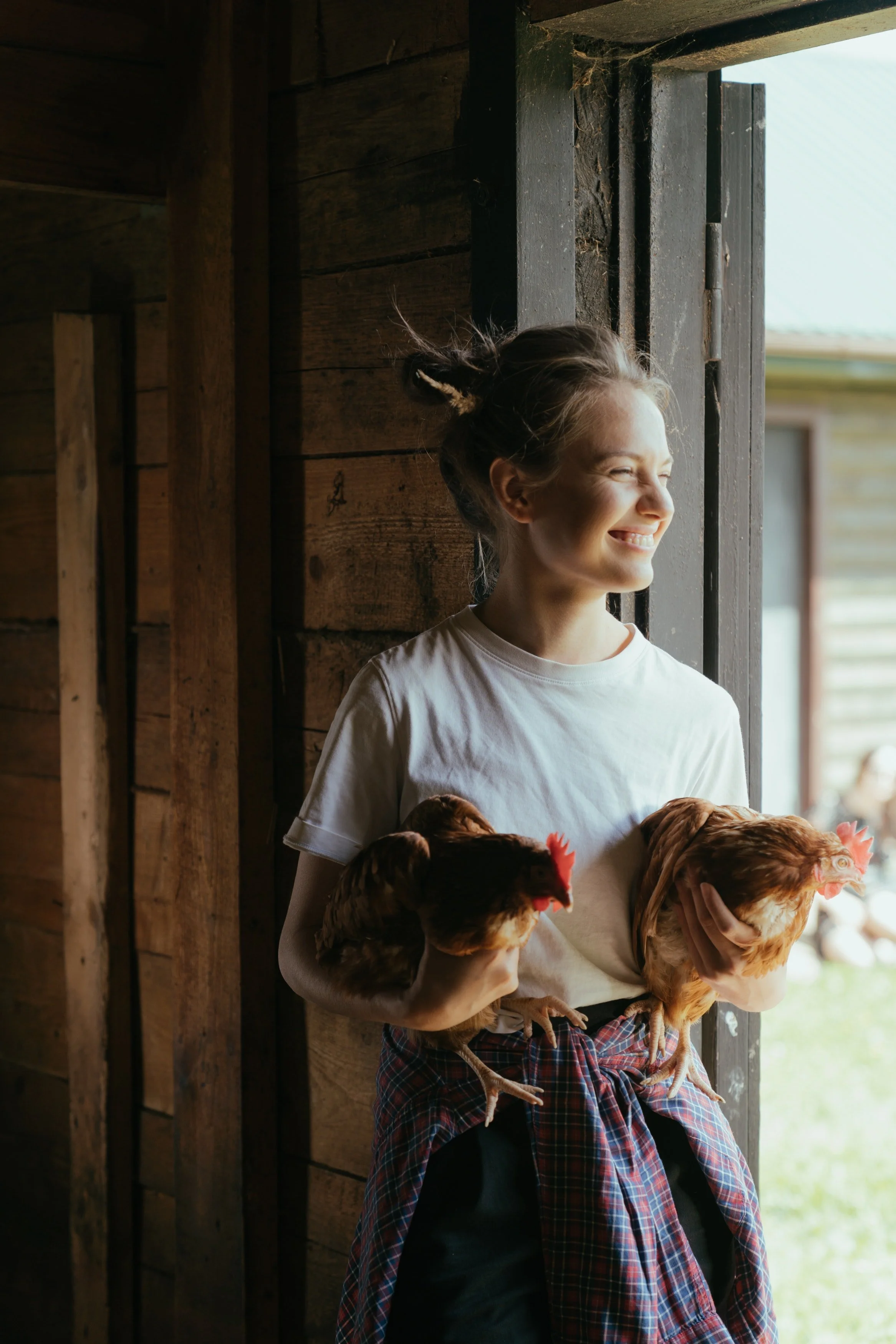
We are addressing complex issues that matter most to our communities
Who We Work With
Meet our Food Alliance partners
Meet our auditors
To determine if an operation or a product is eligible to use the Food Alliance Certified seal, Food Alliance contracts independent, third-party inspectors who apply the evaluation criteria to determine whether and how desired management outcomes are being achieved.
The goals for inspections are:
Verify compliance with Food Alliance fixed evaluation criteria,
Assess performance under Food Alliance’s scored evaluation criteria,
Evaluate the operation’s strengths and opportunities for improvement,
Develop a recommendation for or against certification.
To meet these goals, inspectors will carefully review all application materials, tour the operation, identify critical control issues, and interview the owner/manager and key staff about systems, practices, and how decisions are made.
We are currently looking for additional contract auditors for both Food Alliance and the Audubon Conservation Ranching program. If interested please email shaila@foodalliance.org.
Meet our clients
Food Alliance works with a wide range of growers, ranches, producers and packers who are passionate about sustainability and transparency in the food system.
Featured clients include:
Audubon Conservation Ranching Program
Food Alliance is proud to be the administrator of Audubon Conservation Ranching Program.
Food Alliance is proud to be the third-party auditor for the Audubon Conservation Ranching Certification Program.
Audubon developed the Conservation Ranching Program to focus on the protection of native grasslands, which provide critical habitat to birds and other wildlife throughout the world. Since the vast majority of remaining grasslands are privately owned, grassland bird conservation can only be achieved through cooperative approaches that work with the farmers and ranchers that live and work on these lands. To that end, the Conservation Ranching Program uses an innovative, market based approach to connect conservation-conscious consumers to farmers and ranchers who employ bird-friendly management practices in raising their livestock. The cornerstone of the Audubon Conservation Ranching Program is the development and implementation of site-specific Habitat Management Plans (HMPs) on participating livestock grazing operations. HMPs are developed collaboratively, with Audubon staff or consultants working with livestock producers to develop management plans uniquely tailored to address site-specific habitat and bird conservation opportunities. The plans are adaptive and can be modified over time to address changes in the landscape and landowner objectives. Audubon also conducts annual bird monitoring and vegetation surveys on participating farms and ranches. In addition to overseeing HMP development and implementation, Audubon has developed region-specific Protocols which specify practices which, if adopted, ensure farms and ranches are managed sustainably to benefit grassland bird species. These regional Protocols include specified practices for grassland and pasture management, forage consumption, animal health & welfare, and environmental sustainability.
For more information: Conservation Ranching | Audubon
Salmon-Safe Program
Food Alliance and Salmon-Safe have been colleagues and collaborators for many years.
Salmon-Safe is a leading eco-label that has defined best practices across multiple urban and agricultural sectors and pioneered market-based conservation strategies to restore water quality and salmon habitat on the Pacific Coast. Since being founded by Pacific Rivers in 1997, Salmon-Safe has worked collaboratively with more than 900 urban and agricultural landowners and certified approximately 100,000 acres in key salmon watersheds. Salmon-Safe works through a network of conservation organization and other place-based partners to offer market-proven and field-tested certification programs for farms, vineyards, corporate and university campuses, urban development, and large-scale transportation infrastructure projects. Salmon-Safe also leads high profile public education and consumer marketing campaigns.
Food Alliance and Salmon-Safe collaborated to develop standards and a joint certification program for the nursery industry.
Based on a newly completed, year-long independent technical review of Food Alliance and Salmon-Safe standards that found “equivalency” between the two programs with respect to reducing watershed impacts from agriculture, Salmon-Safe will also recognize Food Alliance certified grain growers as meeting Salmon-Safe certification requirements starting in 2022. Those growers will be able to utilize Salmon-Safe’s brand collateral and benefit from Salmon-Safe’s market development efforts at no additional charge. This overlay will offer grain growers an efficient and cost effective way to access to two eco-labels with one inspection visit.
For more information on Salmon-Safe: https://salmonsafe.org/certification/farms/
Pacific Shellfish Institute
The Pacific Shellfish Institute’s vision is healthy ecosystems and sustainable coastal communities that understand the ecological, economic, and social contributions of shellfish and shellfish aquaculture along the U.S. West Coast. PSI research and educational activities are aimed at supporting sustainable shellfish production and restoration, protecting marine ecosystems, reducing user-conflicts, and informing coastal planning decisions. PSI conducts publicly-funded research projects to evaluate the ecology, health and diseases of shellfish, and social research into the status of shellfish production and restoration along the West Coast, including socio-economic assessments of the benefits and costs of shellfish production, and barriers to entry for the shellfish industry. PSI emphasizes sound science, broad partnerships and meaningful stakeholder collaboration. Food Alliance and PSI collaborated, with input from the Pacific Coast Shellfish Growers Association, to develop standards and a certification program for sustainable shellfish aquaculture, which was introduced in 2011. PSI executive director, Bobbi Hudson, also now serves as the auditor for that program.
For more information on The Pacific Shellfish Institute:
https://pacshell.org/
American Grassfed Association
The American Grassfed Association got its start when grassfed producers began meeting to discuss challenges in 2003. One of AGA’s top priorities was establishing a credible definition for grassfed, implementing a labeling program to help producers in the US market their products, and giving consumers a way to recognize real grassfed, grass-finished products. After the disappointing release of a limited USDA definition for grassfed in 2006, AGA’s producers and board decided to develop a more stringent standard. AGA collaborated with Food Alliance to develop the first standards and criteria for certification of grass-fed ruminants, which were introduced in 2009. The USDA has since dropped their definition, and AGA has gone on to introduce additional standards for grassfed dairy and pastured pork. Both AGA and Food Alliance support a strong definition of grass-fed: 100% grass and forage diet, raised on pasture without confinement, no hormones or antibiotics, from family farms. If your primary marketing focus is a grassfed claim, AGA’s program is probably the best fit for you. If you are interested in making a broader sustainable claim, with additional criteria for environmental stewardship, animal welfare, and safe and fair working conditions, please consider Food Alliance certification.
Learn more about the American Grassfed Association:
https://www.americangrassfed.org/
Grasslands Alliance
Introduced in 2019, the Grasslands Alliance standard was developed collaboratively by Food Alliance, Rainforest Alliance, and the Natural Resources Defense Council (NRDC).
This standard is a certification evaluation framework and a guide to continuously improving management of natural resources and livestock on beef cattle grazing operations in the United States and Canada, with these priorities: Conserve wildlife habitats and biodiversity; improve soil and water quality; protect public health; promote high animal welfare; support livelihoods, rural communities, and safe and fair working conditions; and provide incentives to implement climate-smart strategies. Additional modules offer specific criteria for grass-finished operations.
This standard draws on Food Alliance's two decades of experience certifying livestock operations in North America, and is intended to complement the Sustainable Agriculture Network standard, which supports Rainforest Alliance certification of beef in the tropics and subtropics.
For more information on Rainforest Alliance: https://www.rainforest-alliance.org/
For more information on NRDC:
https://www.nrdc.org/
